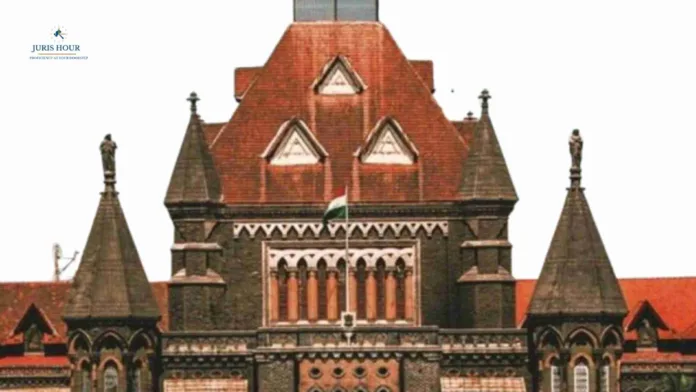The Bombay High Court has refused to quash the assessment order passed under Section 153C of the Income Tax Act in the search and seizure case involving huge unaccounted income.
The bench of Justice M.S. Sonak and Justice Jitendra Jain has observed that it is the case of search and seizure where huge unaccounted income in accommodation entry has been detected. The Court cannot exercise its discretionary jurisdiction in such types of cases by which the officer should be prevented from proceeding with such type of assessment proceedings.
A search action under Section 132 of the Income Tax Act was initiated in the case of Alok Kumar Agarwal, Ankit Agarwal, M/s. Alankit Limited and M/s. Alankit Assignments Limited, Delhi. In the search action, various documents and books of accounts were seized from the search parties.
The Deputy Commissioner of Income Tax (DCIT), Delhi wrote to the DCIT, Mumbai that during the course of the assessment proceedings under Section 153A of Alankit Group, materials/documents which has bearing on deciding the total income of the petitioner were found.
The department passed an order rejecting the petitioner’s objections. In the said order, the respondents referred to the incriminating material for the assessment years 2014-15, 2015-16, and 2016-17 and further, after referring to the same, it is stated that these transactions are likely to have a bearing on the total income of the petitioner for assessment years 2010-11 to 2020-21.
The order states that since the undisclosed income by using accommodation entries as escaped assessment is likely to exceed Rs.50 lakh, the assessment proceedings must be taken under Section 153C of the Income Tax Act.
The department also rejected the petitioner’s contention that the notice is time-barred. The respondents also stated that the interpretation of the phrase “relevant assessment year” by the petitioner is not correct, and the condition for issuing notices under Section 153C of the Income Tax Act has been correctly met. Along with the order, the petitioner was provided with various materials, including the satisfaction note.
The petitioner has challenged the issue of notice under Section 153C of the Income Tax Act and the order rejecting the objection.
The court while dismissing the petition held that the question of limitation is a mixed question of law and facts. Furthermore, Section 153B(1)(ii) provides that the period of limitation for assessing case of other persons referred to under Section 153C shall be the period of 12 months from the end of the financial year in which the last of the authorization for search under Section 132A was executed or 12 months from the end of the financial year in which books of accounts or documents or assets seized or requisition are handed over under Section 153C to the assessing officer having jurisdiction over such person whichever is later.
Case Details
Case Title: DNH Spinners Private Limited Versus DCIT
Case No.: Writ Petition (L) No.4894 Of 2025
Date: 17 March 2025
Counsel For Appellant: Dharan Gandhi
Counsel For Respondent: Akhileshwar Sharma





